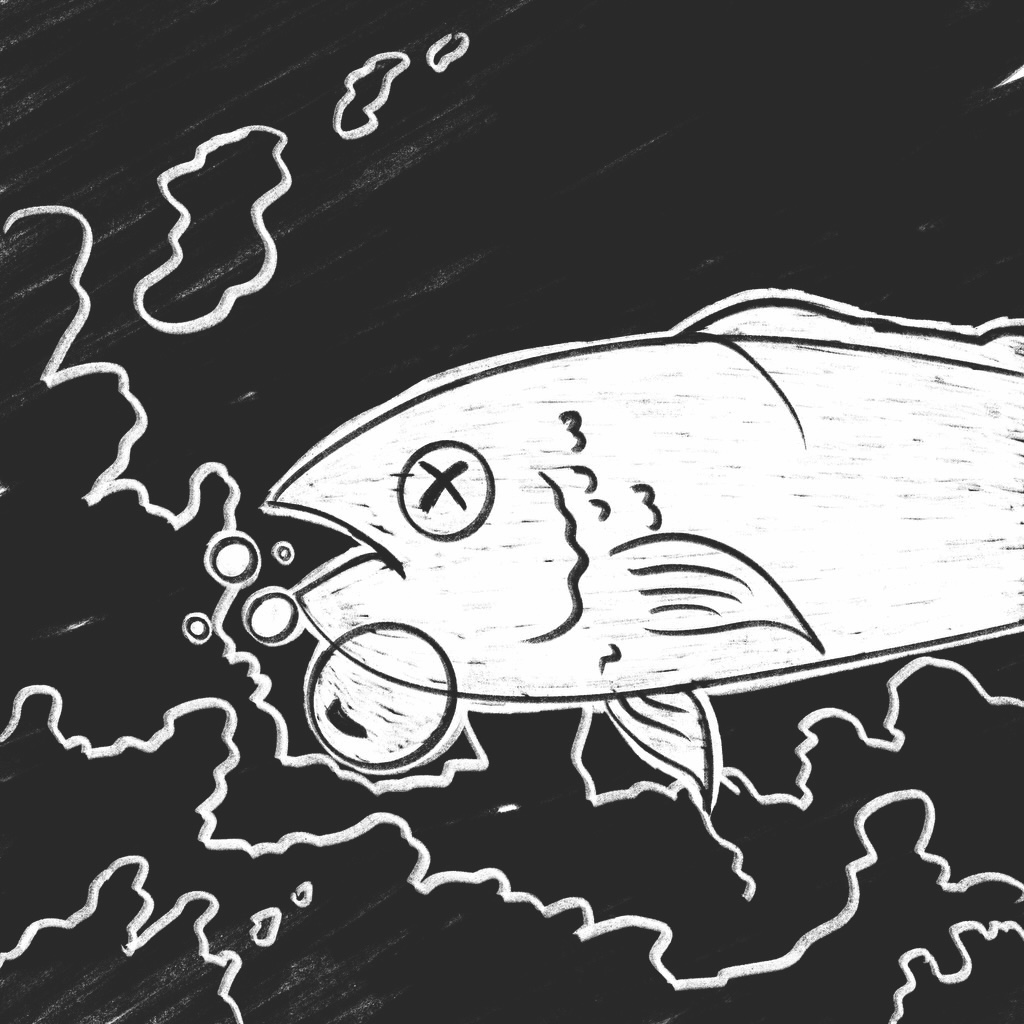Foam spill at Brunswick Landing: The danger of environmental pollution
September 6, 2024
 This
piece represents the opinion of the author
.
This
piece represents the opinion of the author
.
 Henry Abbott
Henry AbbottOn August 19, a fire suppression system at Brunswick Landing malfunctioned, spilling 1,450 gallons of PFAS-laced fire suppression foam. An unfortunate worker had to wade through foam five feet deep to turn the system off, and airborne foam has made its way to surrounding fields with runoff detected in the Androscoggin River.
A town meeting on August 29 left local residents frustrated by the lack of information provided by the owner of Brunswick Landing, the Midcoast Regional Redevelopment Authority (MRRA). One local resident accused MRRA Deputy Director Jeffrey Jordan of “filibustering,” while local newspapers reported on the State of Maine and federal Department of Environmental Protection (DEP) officials passing the buck back and forth.
Some have said Brunswick will now become the 21st-century “Love Canal,” as even trace amounts of PFAS are a health risk, and long-term exposure has been shown to cause cancer. PFAS are even more dangerous for babies and young children as exposure causes endocrine disruptions that can affect their health and development for life.
PFAS researcher Pat Elder attended the town meeting via Zoom and wrote a response that took into account several years of prior monitoring in and around Brunswick. He shared some useful advice:
“Your legislators and your town councilors are good people, likely to be trusted, but they’re on a steep learning curve right now. They’ll need some time to get up to speed.
We should understand that the seafood we consume is, by far, the number one pathway to human ingestion for these chemicals.
There was a sentiment expressed last night that we should not be adversarial, but I don’t agree. We must not underestimate our foe. The Department of Defense files ‘sovereign immunity’ responses to lawsuits in federal court. They argue they have the right to poison us without liability because of matters due to national security. We must get away from notions that these charges are tantamount to conspiracy theories or anti-militarism. This is about protecting human health. This is about creating a flow of trustworthy information, despite commercial interests and a military that has escaped civilian control.”
This is the danger those of us who oppose bluShift Aerospace operating rocket tests and launches out of Hangar 6 and elsewhere in Maine have been warning local residents about. While bluShift claims its fuel is non-toxic, it conveniently ignores that the fire suppression system is obligatory, as rockets often explode. Foam leaks have also been reported at Hangar 6.
As a Bowdoin alumna, I am sad to report that I already know of a student in Connecticut who will not be applying for admission due to the extreme environmental pollution at Bowdoin’s doorstep. I hope the College will take an active approach to demand answers and meaningful mitigation of not only the harms of this spill but those of all the old foam stored at the former Brunswick Naval Air Station—for the common good.
Lisa Savage is a member of the Class of 1977.
Comments
Before submitting a comment, please review our comment policy. Some key points from the policy:
- No hate speech, profanity, disrespectful or threatening comments.
- No personal attacks on reporters.
- Comments must be under 200 words.
- You are strongly encouraged to use a real name or identifier ("Class of '92").
- Any comments made with an email address that does not belong to you will get removed.

Organic farmers around the state have found PFAS in their wells
and on their land. They have lost their ability to make a living and their property values plummeted.
BlueShift Aerospace tested one of their rocket engines a few days ago at the MRRA site in Brunswick. If a technical failure had caused a fire, PFAS would have been used to extinguish the fire.
What sort of fiscal responsibility does MRRA, the Town of Brunswick or The State have , to the citizens affected?
The Naval Base that operated there left a toxic footprint they knew about but never cleaned up.
A vast number of the large U.S. military bases, domestic and around the planet are functioning as, or have left, toxic wastelands.
Any business, LLC or corporation, should be responsible for the environmental degradation caused by their profit making ventures.
Military or U.S. government funded entities should be no exception.
The PFAS problem is so widespread, that The State of Maine should require testing the water for all real estate transactions, as they do for arsenic.
Bowdoin College, the Town Of Brunswick and the people of Maine deserve honesty and action to deal with this problem.
Further detailed reporting from PFAS researcher Pat Elder is available here: https://www.militarypoisons.org/latest-news/more-lessons-for-brunswick